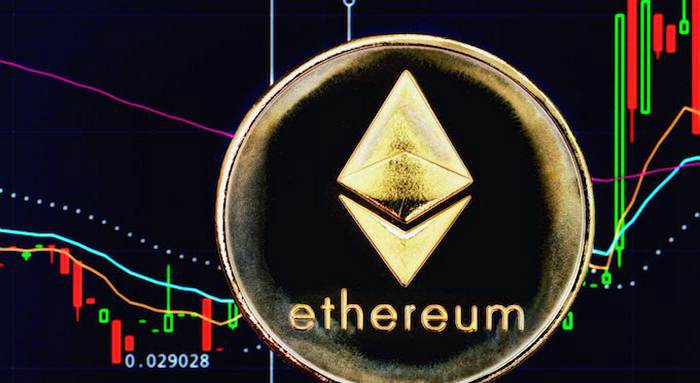In the world of blockchain and cryptocurrencies, 以太幣價格 stands as a trailblazing platform that has redefined the possibilities of decentralized computing. Introduced by Vitalik Buterin in 2015, Ethereum’s innovative approach goes beyond being just a digital currency. At its core, Ethereum is a decentralized platform that enables developers to build and deploy smart contracts and decentralized applications (DApps) on its blockchain, revolutionizing various industries.
One of Ethereum’s most distinguishing features is its Turing-complete programming language, Solidity, which facilitates the creation of complex smart contracts. These self-executing contracts automatically trigger actions once predefined conditions are met, eliminating the need for intermediaries and enhancing transparency and trust in transactions. This technology finds applications in sectors ranging from finance and supply chain management to healthcare and real estate.
Crucial to Ethereum’s operation is the concept of “gas,” which serves as a unit of computational power required to execute operations on the network. This ensures that the network remains secure and prevents misuse. However, Ethereum has faced challenges with scalability and high gas fees during times of network congestion. To address these issues, Ethereum is transitioning from a proof-of-work (PoW) to a proof-of-stake (PoS) consensus mechanism through Ethereum 2.0 upgrade. This upgrade not only enhances the network’s efficiency and scalability but also significantly reduces its environmental impact.
The Ethereum ecosystem has also given rise to a multitude of decentralized applications. Decentralized finance (DeFi) platforms, which provide traditional financial services without intermediaries, have gained immense popularity on Ethereum. Additionally, non-fungible tokens (NFTs), unique digital assets representing ownership of items like art, collectibles, and virtual real estate, have become a significant cultural and economic phenomenon, largely powered by Ethereum’s capabilities.
However, Ethereum’s journey hasn’t been devoid of challenges. As its popularity surged, concerns about network congestion, scalability, and energy consumption emerged. Competing blockchain platforms entered the arena, aiming to address these issues and cater to specific use cases. Yet, Ethereum’s first-mover advantage, strong developer community, and continuous upgrades have helped it maintain its position as a leader in the blockchain space.
